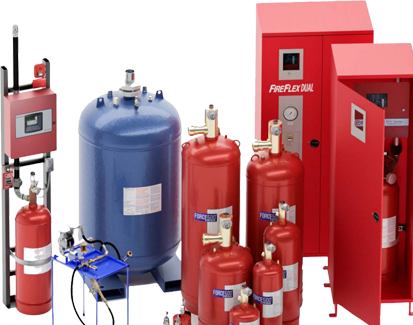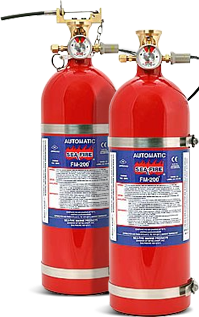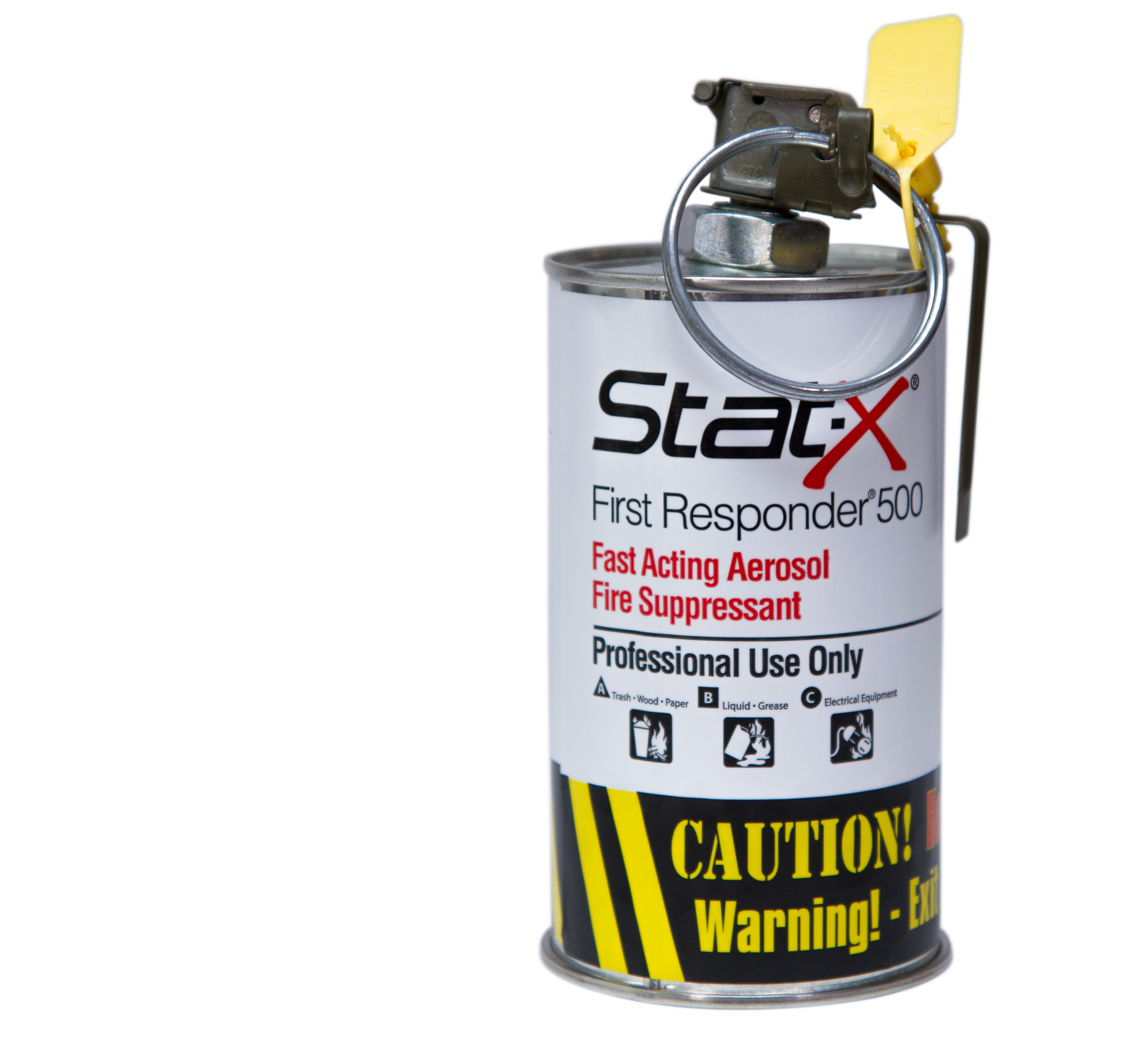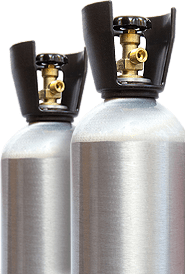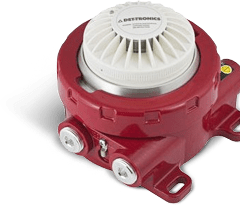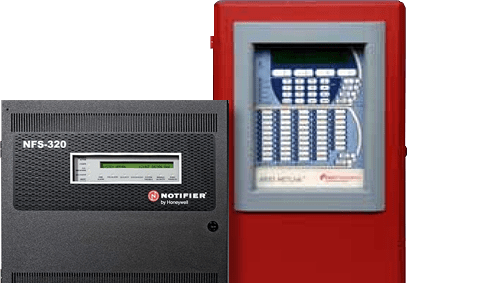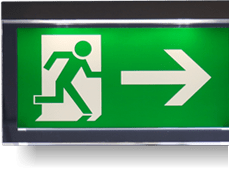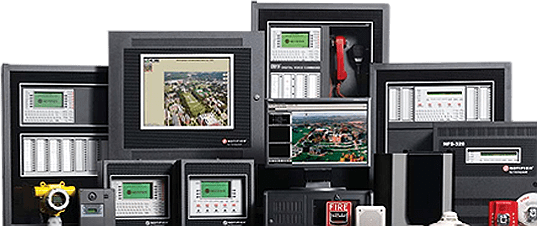Fire Alarms FAQs (Frequently Asked Questions)
What is a fire alarm system?
A fire alarm system is comprised of a series of electronic devices that work in unison to detect atmospheric changes, alert occupants and first responders, and help to suppress fires and save lives. A well-planned fire alarm system is made up of a series of passive and active fire detection and suppression systems that provide life-saving measures.
How fire alarm system works?
First and foremost, the fire alarm control panel acts as the brain of the fire alarm system. All of the alerts will manifest within this control center including any indication of a fire or life-threatening environmental change, and any possibility of a problem with the system itself that could prevent it from working properly during an emergency.
Fire alarm systems begin each job with an initiation device. These initiation devices - like smoke detectors or fire pulls - monitor a specific protected area. When the presence of a fire is detected, they send a signal to the fire alarm control panel which can either trigger a supervisory alert (telling someone to investigate the issue) or an alarm. Commercial fire alarms have the ability to target specific areas or zones and work to prevent a fire from spreading while simultaneously working to suppress it.
Explore further
A commercial fire alarm system has two sources of power - a primary source and a secondary source. The primary power source is provided by the building's electric utility, a generator, or a power storage system. The secondary power source comes from batteries, a secondary generator, or a secondary power storage system. In the event of failure of the primary power source, the secondary power source will kick in and ensure that the fire alarm system continues working.
What is the difference between a fire alarm and a smoke detector?
A smoke detector and fire alarm work together but they are two separate devices. The smoke detector detects a change in the air that suggests smoke in the area. Once this is detected, the smoke detector sends a signal to the fire alarm control panel which triggers the fire alarm to alert occupants to the presence of smoke and/or a fire.
What are the 2 types of fire alarms?
There are two main types of fire alarm panels : conventional panels and addressable panels.
-
Conventional Fire Alarm
Conventional fire alarms are installed in zones and work by detecting changes in electrical currents. Once a device detects a change in the atmosphere, the electrical current of the device changes and the fire alarm control panel then detects this change and sounds an alarm. Conventional fire alarms are effective but they alert to broader areas rather than pinpointing a specific location. -
Addressable Fire Alarm
Addressable fire alarms utilize the latest technology to be programmed to monitor very specific areas, for example, a certain stairwell or a specific room. Each connected device in an addressable fire alarm system has its own address which makes it fast and simple to determine where the signal is coming from. Once a change in the atmosphere is detected, the device alerts the fire control panel which is able to show exactly where the location of concern is.
You can read more about the differences between conventional and addressable fire alarm systems here .
What fire alarm system do I need?
The type of fire alarm system you need varies on your building's layout, contents, and construction. It's best to confer with an expert to design a system that will give you adequate protection.
Where are fire alarms required?
Specific requirements for fire alarm placement vary based on local jurisdictions. Typically they're required inside sleeping areas and at least one on every floor.
Why do I need professional inspections?
A professional fire alarm system inspection is critical to ensure that the entirety of the system is in proper working order. A professional will be familiar with local requirements for fire alarm systems and can help you make sure your building remains in compliance. Having a fire alarm inspection and properly working system can mean the difference between life and death, and when it comes to life safety, it's always best to leave it up to the professionals.
People also search
How often fire alarms should be inspected?
Local jurisdictions may have specific guidelines outlining specific fire alarm system maintenance requirements. At minimum, best practices include weekly visual inspections to check the control panel, power supplies, fuses, LEDs, and trouble signals; monthly inspection of the batteries for corrosion; semi-annual inspection of initiating devices/detectors; and an annual inspection of all equipment to monitor for any significant changes.
How often should fire alarms be tested?
Again, local jurisdictions may have specific guidelines outlining how often a test and fire alarm system service should occur. You can plan for at least an annual test for most components, though some components require semi-annual testing. Fire alarm system tests are crucial not only to stay in compliance with local authorities, but to ensure that your system will function properly when it's needed.
How much does an alarm system cost?
Determining the cost of an alarm system isn't a one-size-fits-all task. A lot of factors go into the overall cost including the building's complexity and size, the equipment needed, and the monthly monitoring costs which will be ongoing fees. Each initiating device can range significantly in price and the cost of installing sprinklers can vary widely based on whether you have new construction or if you'll be retrofitting an existing structure. When it comes to cost, there is only one thing for certain: A fire alarm system is an investment you can't afford to ignore.
Installing or updating a commercial fire alarm system can be overwhelming but our experience and expertise can guide you through the entire process. Don't wait - contact us today to get started on investing in a safer future for your company.





